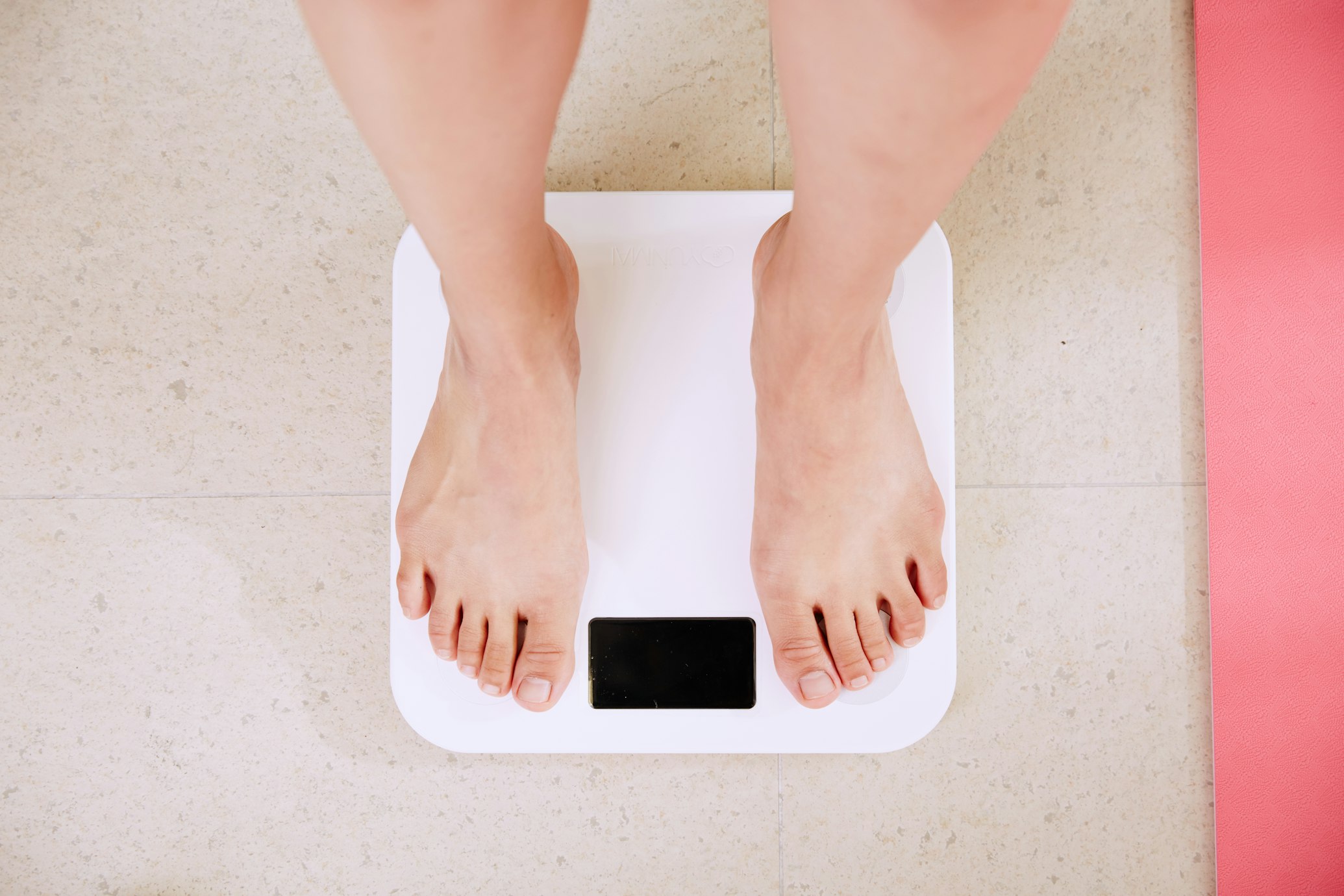How Many Calories Should You Eat to Lose Weight?
Discover the science behind calorie deficit and how to calculate the right amount for your body.
It’s frustrating—you’ve cut calories, you're eating healthy, maybe even skipping dessert, and still... the scale doesn’t budge. If this sounds like your situation, you’re not alone. Many people hit a wall even when they’re “doing everything right.” But there’s more to weight loss than just calories in vs. calories out.

When you consistently eat less, your body adjusts by burning fewer calories. This is called metabolic adaptation or “adaptive thermogenesis.” It’s a survival mechanism that helps your body conserve energy when food is scarce. So even though you’re eating less, your metabolism may be working more slowly than before—making it harder to continue losing weight at the same rate.
Tracking calories is tricky. Studies show that even nutrition professionals underestimate how much they eat by 10–20%. Hidden oils, snacks, licks, bites, and portion size creep can add hundreds of extra calories a day. That’s enough to wipe out your deficit. Use a food scale, track honestly, and double-check ingredient labels.
Cortisol, the stress hormone, plays a huge role in how your body stores fat. High levels of stress and lack of sleep disrupt hormone signals, make you hungrier, and slow your metabolism. Even if your calorie intake is technically low, chronic stress can lead to water retention and fat storage—especially around the belly.
The scale doesn’t tell the whole story. If you’ve started strength training, you might be burning fat and building lean muscle at the same time—leading to no change (or even gain) on the scale. But this is a good thing! Muscle is metabolically active and helps long-term fat loss. Check your body measurements, clothes fit, or progress photos instead.
Menstrual cycles, sodium intake, inflammation from new workouts, or simply dehydration can all cause your body to hold onto water. You can gain 1–2 kg of water weight overnight and it has nothing to do with fat. This is why weighing yourself daily can be misleading—track trends over weeks, not days.
If you're eating less but not losing weight, don’t panic—and don’t slash calories further. Take a deep breath, reassess, and give your body what it needs to reset and respond. Fat loss isn’t linear. But with smart strategy, patience, and consistency, it will happen.

Discover the science behind calorie deficit and how to calculate the right amount for your body.

Understand the difference between your resting metabolic rate and daily energy expenditure.

Learn how to lose fat while maintaining lean body mass with the right protein and workout approach.

Use our hydration tips to calculate your daily water needs and stay energized all day.

BMI can be helpful—but not perfect. Find out how to interpret your results accurately.

Whether for weight loss or muscle gain—get the exact grams your body needs.

Is skipping meals really healthy? Science says yes—if done correctly. Learn more.

Save time and burn fat with easy-to-follow meal prep strategies for busy lifestyles.

Are all calories equal? Discover how protein, carbs, and fats affect your body differently.

Walking is powerful. Learn how far you need to go to reach your fitness goals.

Weight changes? Workout routine updated? Here’s how to update your daily calorie needs.

Still stuck? Learn about metabolic adaptation and how to break through plateaus.